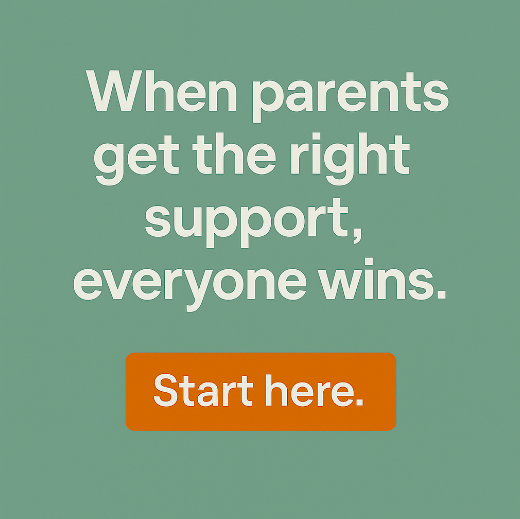What If Maddie Had Cancer? Why the Stigma Around Mental Illness Is Killing Our Kids
If Maddie Had Cancer, Would You See Her Any Differently?
If you’re a business owner or team leader, I want you to think about something.
There’s a very strong probability that a serious illness will not only affect a child but also have a significant impact on one or both parents. One in four of your employees who have children between the ages of 10 and 25 will face a life-threatening illness in their family.
If you knew that, would you do whatever you could to help prevent it?
Most people say yes without hesitation.
And when you hear “life-threatening illness,” you probably think cancer. Or a rare disease. Or something you can see on a scan.
What if I told you I was talking about mental illness?
Does your answer change?
It shouldn’t. But for many, it does.
I know this firsthand. My daughter, Maddie, died by suicide when she was 14. If Maddie had been diagnosed with cancer, there would have been casseroles at our door, fundraisers in her name, and an army of people rallying around her. There would have been no judgment.
But Maddie chose to keep it hidden from everyone except our family. We told people she had a mystery stomach virus. That was easier than explaining the truth. Maybe it was stigma. Maybe she didn’t want to burden anyone. Whatever her reasons, she decided to face it alone. And we respected her wishes.
Was that the right decision? I don’t know. I guess we’ll never know.
What I do know is that her friends would have rallied around her if they’d known. She had people who loved her. But she didn’t feel she could share what she was going through, and that silence was dangerous.
That’s the thing about mental illness. It’s invisible until it isn’t. By the time it’s obvious, it can be too late.
Now, think about your own team.
Picture your best employee. She’s reliable, hard-working, maybe even one of your stars. She has a 13-year-old daughter who’s been struggling since her parents divorced. That child is anxious, can’t focus, and is fighting thoughts she doesn’t understand. Your employee is scared, exhausted, and distracted, but trying her best to hold it together at work.
You might not see it, but it’s there.
That’s why education and awareness have to come first. Often, subtle signs are overlooked. There’s no parenting manual, especially for the teenage years. Equipping your employees with the knowledge to spot warning signs and connect their kids with help could be the difference between a crisis and a turning point.
Do not underestimate the urgency of that.
If you miss it, mentorship might not be enough anymore. You’ll be looking at a full remediation plan. That’s longer. Harder. More expensive.
And while that’s happening, you’ve also lost something else, the mental, emotional and sometimes physical capacity of their parent, your employee. Their focus is gone. Their energy is gone. Your benefit costs go up. Their productivity plummets.
Do I have your attention yet?
Only then does mentorship come in, giving teens access to emotionally intelligent adults who offer a safe, non-judgmental space to talk. Someone outside the family who can listen without rushing to fix, and who can help them feel seen and understood.
If Maddie had cancer, no one would have questioned the urgency. Mental illness deserves the same urgency, the same rallying cry, and the same compassion, before it’s too late.
If you are a business leader, think about what this could do for someone on your team. They’re scared, don’t know where to go before it escalates….and it will escalate.
Think about offering this as a life preserver when they need it most. This will make more of a difference to them than you will ever realize. Because your employees become grateful when you care about the people they love most.
See how this benefit is vital for the heart of your business; your people. Reach out for an info session and how it works


